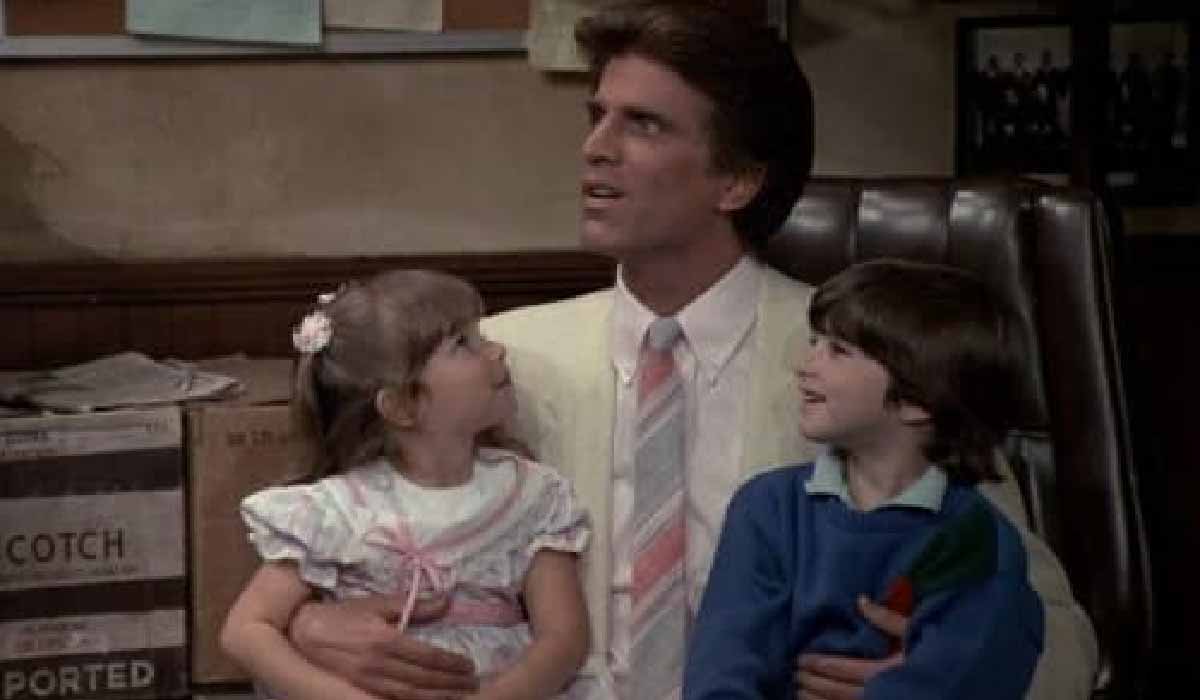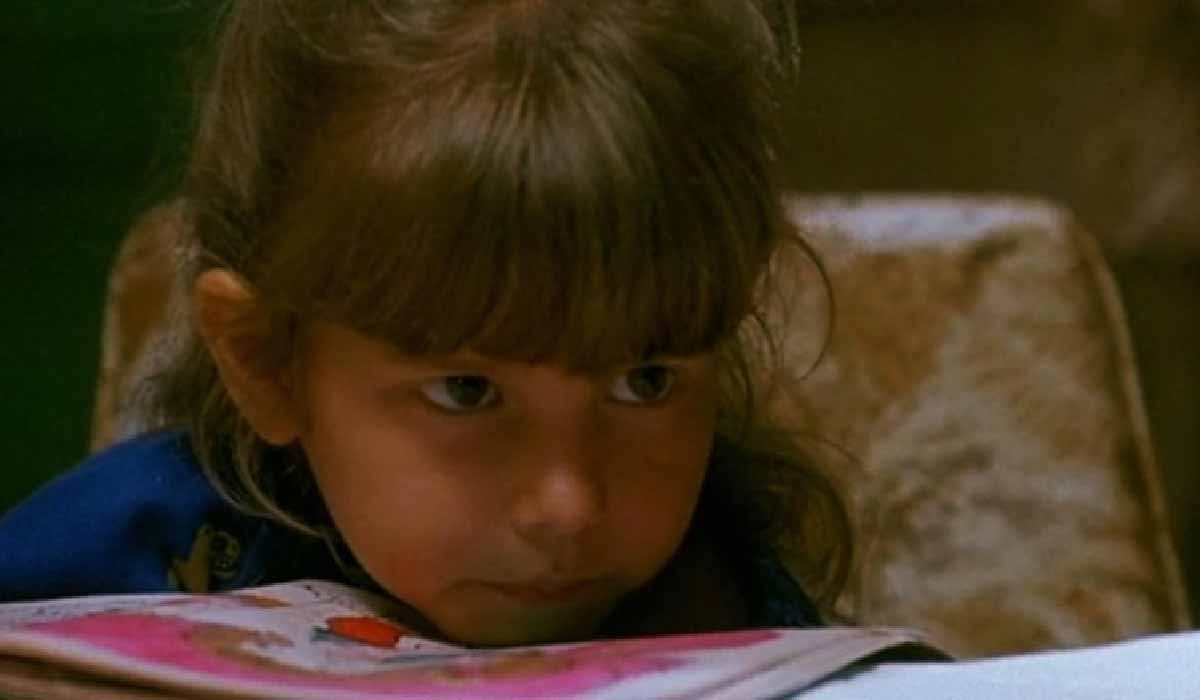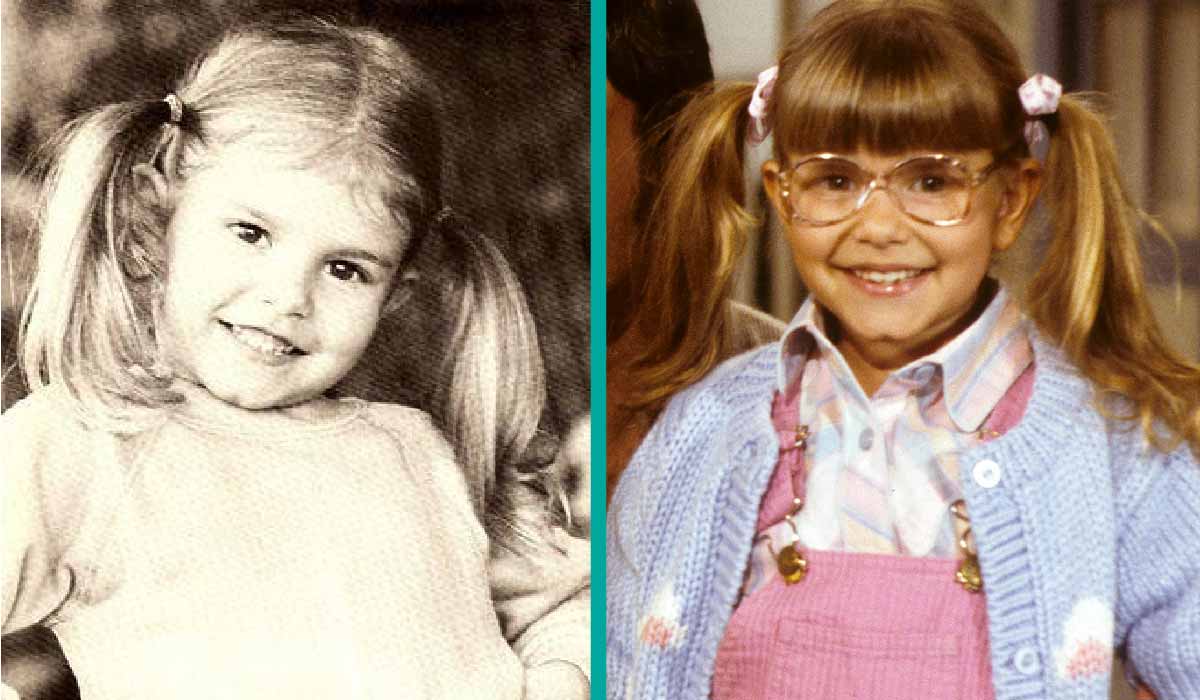Barna Barsi is a name that many people have never heard, but his life story is tied to one of the most heartbreaking tragedies in Hollywood history. He was the older half-brother of Judith Barsi, the child actress whose bright career was cut short in 1988 when her father murdered both her and her mother before taking his own life. While Judith’s face and voice became familiar to millions through her roles in The Land Before Time, All Dogs Go to Heaven, and numerous television shows, her brother Barna lived far away from fame and recognition. His life was shaped by pain, family trauma, and personal struggles that mirrored the dark patterns of his father. Barna Barsi’s story is rarely told because he did not seek the spotlight, yet his journey matters deeply because it shows the lasting effects of abuse on those who live outside of public attention. Remembering him helps us see the full picture of the Barsi family’s history, and it ensures that his name does not disappear into silence.
Profile Summary: Barna Barsi
| Attribute | Details |
|---|---|
| Full Name | Barna Barsi |
| Date of Birth | September 17, 1957 |
| Place of Birth | Montbéliard, France |
| Parents | József Barsi and Klara Barsi |
| Siblings | Ági (full sister) and Judith Barsi (half-sister) |
| Nationality | Hungarian-American |
| Known For | Half-brother of actress Judith Barsi |
| Cause of Death | Drowned in Scottsdale, Arizona, in 1995 at age 37 |
| Legacy | Remembered as the forgotten brother of the Barsi family tragedy |
Early Life and Background
Barna Barsi was born on September 17, 1957, in Montbéliard, France, to Hungarian parents József Barsi and Klara Barsi. His parents had fled Hungary after the 1956 revolution, a political uprising that forced thousands of Hungarians to escape in search of freedom and safety. Barna grew up in a family carrying both hope for a new life and deep emotional scars from their past. As a child, he shared his early years with his sister Ági, and the family tried to settle into their new environment while adjusting to a culture that was very different from the one they left behind. Despite being born into a family that valued its Hungarian heritage and traditions, Barna’s childhood was not filled with the peace and stability children usually need. His father’s strictness, temper, and growing dependence on alcohol created a tense and unstable environment that left lasting marks on Barna’s young mind.
Immigration to America and Family Struggles

The Barsi family eventually immigrated to the United States, settling in California in search of better opportunities. Like many immigrant families, they dreamed of building a safer and more successful life in America. However, instead of finding comfort and stability, they brought their unresolved struggles with them. József Barsi, Barna’s father, had a hard time adjusting to life in America. His thick accent and cultural differences made him feel out of place, and he often faced rejection and ridicule. These frustrations fueled his drinking problem and increased his anger toward his family. Barna, still a teenager at the time, witnessed firsthand the crumbling of his parents’ marriage and the growing violence inside the home. Eventually, his parents divorced, and his father remarried Maria, who later gave birth to Judith. For Barna, this was the beginning of a new, complicated chapter filled with more distance, conflict, and unspoken pain.
Growing Up in a Home of Fear

Living under the shadow of a strict and abusive father, Barna Barsi’s early years were shaped by fear and instability. His father’s drinking problem only grew worse over time, and with it came threats, shouting, and frightening behavior. It was common for József to make terrifying statements, such as threatening to burn the house down or kill family members, and these words left a lasting impression on Barna and his siblings. Even though Barna eventually lived separately from his father and Judith, the damage had already been done. His youth was marked by insecurity and trauma, which later played a large role in his own struggles with addiction. Like many children of abusive parents, Barna carried those scars into adulthood, finding it difficult to heal or escape the destructive patterns he had witnessed. His pain grew silently in the background, overshadowed by the family’s new focus on Judith’s rising career in Hollywood.
Judith Barsi’s Rise to Fame vs. Barna’s Silence
In the 1980s, Judith Barsi quickly became one of Hollywood’s most beloved child stars. She appeared in countless commercials, played roles in television shows, and performed in films that would become classics, such as Jaws: The Revenge and The Land Before Time. While the world celebrated Judith’s talent and success, Barna was living a very different life. He did not share in her fame or her opportunities, and instead, he struggled with his own demons. The fame of his little sister did not bring joy to him in the same way it did to the public. Instead, it highlighted the distance between them and reminded him of the family he had once known, which was now broken apart. Barna’s silence was not just about living away from Hollywood—it was about living with unhealed pain that left him unable to take part in the story that made his sister a star.
The Family Tragedy of 1988
July 1988 became the darkest moment in the Barsi family’s history. On that summer day, Barna’s father József carried out the threats he had made many times before. He murdered his wife Maria and their daughter Judith while they slept, then set fire to their home and finally took his own life. The tragedy shocked the world and left millions grieving the loss of a talented young actress. News stories and television reports focused almost entirely on Judith’s bright future and the horrifying way it ended. But behind those headlines, Barna was left with unimaginable pain. He lost his sister, his stepmother, and whatever remained of his family in one horrifying act of violence. For him, it was not just a headline—it was the destruction of everything familiar. His silence grew heavier, and his struggles deepened as he tried to survive in the aftermath of a tragedy that the world knew only from a distance.
Barna Barsi’s Final Years
After the tragedy, Barna Barsi’s life continued on a difficult path. Already battling alcoholism, he struggled to find stability and purpose. His pain and trauma were never fully addressed, and he carried the weight of his family’s violent history wherever he went. By the mid-1990s, he was living in Arizona, but his life remained unstable. In 1995, at only 37 years old, Barna died after falling from a bridge in Scottsdale, Arizona. His body was discovered in a canal, and authorities ruled the death an accidental drowning. Yet, many who knew his history believed that years of emotional pain, heavy drinking, and despair played a role in his untimely death. Unlike Judith’s death, Barna’s passing did not make national headlines. It was a quiet, tragic end to a life marked by suffering, remembered only by a few who understood the depth of his struggles.
The Forgotten Brother: Why Barna’s Story Matters
While Judith’s story is widely remembered, Barna Barsi’s name is rarely mentioned. He became the forgotten brother, left out of the narrative that focused on Hollywood fame and tragedy. Yet his story matters just as much, because it reveals the hidden damage that abuse causes within a family. Barna did not stand in front of cameras, but he lived through years of pain that eventually consumed him. Remembering him gives voice to those who are often ignored in stories of public tragedy—the siblings, the relatives, and the ones who suffer quietly in the shadows. His life shows us that trauma spreads far beyond the spotlight and that every member of a family can carry scars that last a lifetime. By telling his story, we honor not just his memory, but also the importance of acknowledging silent suffering.
Cultural & Symbolic Echo of “Barna Barsi”

Beyond biography, the phrase barna barsi carries a symbolic weight that connects both to cultural traditions and personal remembrance. Names like this often echo through family histories, folklore, and oral storytelling, becoming more than just an identity—they become part of cultural memory. For some, barna barsi may sound like the rhythm of a chant or a folk phrase, something passed down in communities to carry stories forward. In the case of the Barsi family, the name reflects not only Hungarian heritage but also the resilience and sorrow woven into their experiences. Remembering Barna in this way allows his story to exist not only in the context of tragedy but also as part of a cultural narrative that speaks about survival, memory, and the importance of acknowledging every life, no matter how overshadowed it may seem.
Legacy of the Barsi Siblings
The legacy of the Barsi siblings is one of both inspiration and heartbreak. Judith Barsi is remembered as a child actress who brought joy to millions, though her life was tragically cut short. Their sister Ági went on to become a life coach and author, helping others through her words, though she too passed away in 2008 after battling cancer. Barna’s legacy is quieter, often left out of the larger story, but it is equally important. His life serves as a reminder of the silent victims of family trauma, those who suffer without recognition yet whose stories carry lessons about resilience and the human cost of abuse. Together, the siblings’ lives form a picture of a family marked by cultural richness, personal challenges, and tragedies that cannot be forgotten. Their legacy teaches us about the importance of compassion, awareness, and remembering every individual story.
Conclusion
The story of barna barsi is not one of fame or public recognition, but it is a story that deserves to be remembered. From his early years as the son of Hungarian immigrants to his painful life under an abusive father, and from the shadow of his sister’s Hollywood career to his quiet and tragic death, Barna’s journey reflects the deep scars that trauma leaves behind. His life was not filled with cameras or applause, but it carries lessons that are just as powerful as those of the famous people around him. Remembering Barna means acknowledging the silent struggles of those who live outside the spotlight. It reminds us of the importance of addressing family violence, supporting those who suffer, and ensuring that no one is forgotten. The name barna barsi stands not only as part of a tragic family history but also as a call to compassion, memory, and understanding.
FAQs About Barna Barsi
Who was Barna Barsi?
Barna Barsi was the older half-brother of child actress Judith Barsi. He was born in France to Hungarian parents and later moved to the United States. Unlike Judith, who became famous in Hollywood, Barna lived a quiet life filled with struggles and personal pain. He is remembered as the “forgotten brother” in the Barsi family tragedy.
How did Barna Barsi die?
Barna Barsi died in 1995 at the age of 37. He drowned after falling from a bridge in Scottsdale, Arizona. His death was ruled an accident, but many believe his struggles with trauma and alcohol played a role in his early death.
Was Barna Barsi close to Judith?
Barna and Judith Barsi were half-siblings. They did not live together most of the time because Barna was older and already living on his own while Judith was rising as a child star. Even though they were not very close, Barna knew about the troubles at home and the dangers coming from their father.
Did Barna struggle with alcoholism like his father?
Yes, sadly Barna Barsi followed the same destructive path as his father, József. He became a heavy drinker, using alcohol to cope with the pain and trauma from his childhood. This addiction made his life even more difficult and added to his struggles.
Why is Barna Barsi’s story rarely told?
Barna’s story is rarely told because Judith Barsi’s fame and tragic death took the spotlight in media reports. While Judith was remembered as a child star, Barna lived away from fame and struggled quietly. His pain was hidden from the public, which is why his name is often forgotten in the larger family story.
More from Viralfeed: Marilyn Polinga: Early Life, Love, Marriage, And Death Details


